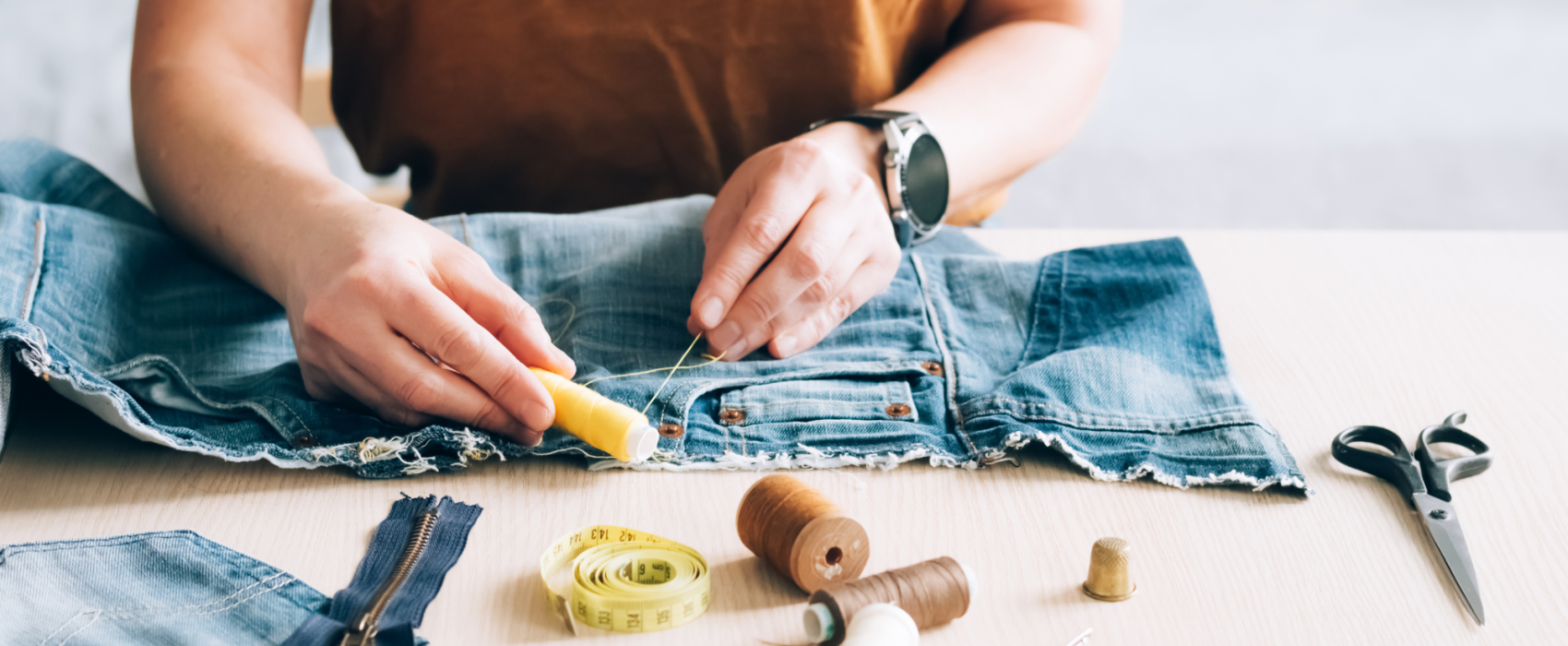Zero Waste Week is an annual opportunity to reflect on our consumption habits and the impact they have on the planet. This year we are focusing on Underconsumption Core, a social movement challenging consumer culture and redefine what it means to live sustainably.
While recycling and repurposing remain essential, reducing what we consume in the first place is the most powerful tool to combat waste and protect our environment.
What is Underconsumption Core?
Underconsumption Core is a social movement that revolves around the idea of consuming less but goes deeper than simply ‘buying less stuff.’ Underconsumption is about challenging the societal norms of overconsumption, resisting the pressure to buy more and embracing a lifestyle of mindful minimalism. It’s about carefully considering whether we truly need what we’re purchasing or using, and choosing quality, longevity and necessity over convenience, trends or impulse.
Unlike more performative sustainability trends, underconsumption core places emphasis on personal accountability, quiet resistance to consumer culture and a commitment to long-term change – prioritising the essentials and rethinking our relationship with material goods.
Why Does Underconsumption Matter?
The global waste crisis is staggering. Each year, billions of tonnes of waste are generated, much of which ends up in landfills, incinerators or polluting natural environments. Recycling is a fundamental part of sustainability, but it alone cannot solve this problem. For example, only 9% of all plastic ever produced has been successfully recycled, while the rest has accumulated in landfills or the environment.
Underconsumption targets the root of this problem by reducing the demand for new products, which in turn decreases the extraction of raw materials, manufacturing emissions and waste generation. Every product we choose not to consume represents a significant saving in energy, water and resources.
Steps to Embrace Underconsumption
Adopting an underconsumption mindset doesn’t mean sacrificing joy or comfort. Instead, it’s about simplifying, prioritising and becoming intentional with our choices. Here are some practical ways to get started:
1. Buy Less, Choose Wisely
Before making a purchase, ask yourself:
- Do I truly need this item?
- Can I borrow, rent or repair instead of buying new?
- Will this product last or is it designed to be disposable?
Investing in durable, high-quality items can save money and resources in the long run.
2. Declutter Thoughtfully
Decluttering doesn’t mean rushing to throw things away. Instead, it’s an opportunity to reflect on what you already have. Donate or sell items in good condition and repurpose or recycle responsibly.
3. Adopt a Circular Mindset
Think of ownership as temporary. When you no longer need an item, find a way to pass it on or return it to the economy. Participating in sharing communities, second-hand markets or repair cafés helps extend the life of products and reduces the need for new ones.
4. Embrace Experiences Over Things
Focus on creating memories rather than accumulating possessions. Gift experiences, such as a cooking class or a nature hike, instead of physical goods. This not only reduces waste but often brings greater personal fulfilment.
This Zero Waste Week, let’s put underconsumption at the core of our efforts. By consuming less and more wisely, we can address the waste crisis at its source and help build a more sustainable future for generations to come.

